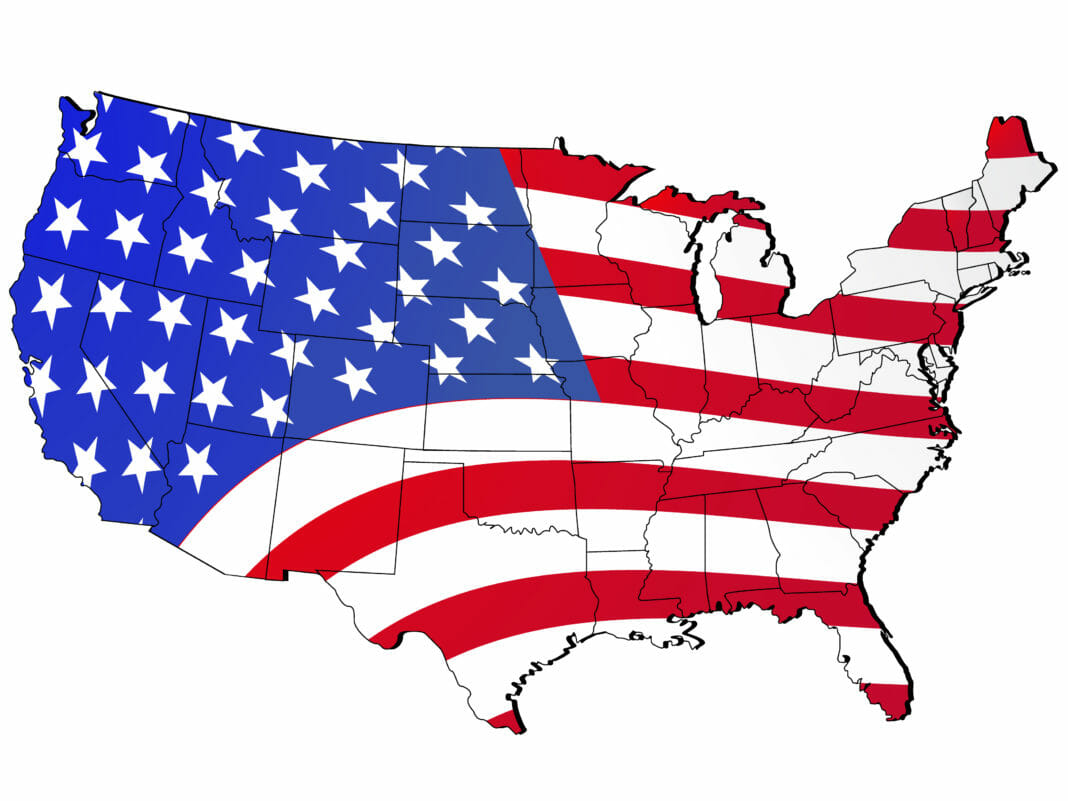The volume of cryptocurrencies seized by the US government increased in 2021 to surpass USD 1 billion.
For years, the North American government has been seizing cryptocurrencies before auctioning them off and recently sought help from a private company to oversee the storage and sales of those tokens.
According to the director of the Internal Revenue Service cybercrime unit, Jarod Koopmancryptocurrency seizures currently surpass $ 1 billion in value. Koopman told CNBC that during the fiscal year 2019, the Cyber Crime Unit had around $ 700,000 in crypto seizures. In 2020, the figure amounted to $ 137 million. And in 2021 (in August,)the figure is at $ 1.2 billion.
The government managed to accumulate unprecedented amounts of cryptocurrencies in recent years. This situation led experts to express that as long as cybercrime keeps increasing at the current rate, the government’s cryptocurrency wallet would also keep growing up and reaching new levels.
In fact, in November, one of the upcoming seizures on the auction block reached $ 56 million that authorities seized as part of a Ponzi scheme case involving overseas cryptocurrency lending program BitConnect.
Unlike many other auctions where the funds get redirected and sent to other government agencies, the cash from this crypto sale would help reimburse the victims of the fraud.
What the Bailiffs Have Seized
The cryptocurrency seizure operations led by the government are evolving in such a fast way that it has just enlisted the help of the private sector in managing the storage and sales of its hoard of tokens.
The North American Marshals Service, which is the lead agency in charge of auctioning the government’s crypto assets, has so far seized and auctioned (in full) more than 185,000 bitcoins, which is estimated to be around USD 8.6 billion at current prices.
Proceeds from cryptocurrency sales get stored in the Treasury Forfeiture Fund or the Department of Justice Asset Forfeiture Fund. Once it gets transferred to one of those two profiles, the liquidated cryptocurrency could help support a variety of other things on the budget. In some cases, Congress could even cancel the funds and redirect the money to other initiatives.
According to Koopman, the cryptocurrencies his team has tracked and seized amount to around 60 to 70 percent of the Treasury Forfeiture Fund, making him the single most prominent contributor to the fund.
Additionally, a Justice Department spokesperson highlighted to CNBC that he is “pretty sure” that there is no central database to track any cryptocurrency seizure.
What is known is that the US government has been joining efforts with blockchain analytics platforms to track transactions, specifically, behaviors flagged as suspicious by the US Office of Foreign Assets Control.
It is not the only country where the volume of crypto seizures has increased. In July, UK police revealed that they broke their record by seizing $ 250 million in digital currencies that took part in a money-laundering investigation.
By: Jenson Nuñez











